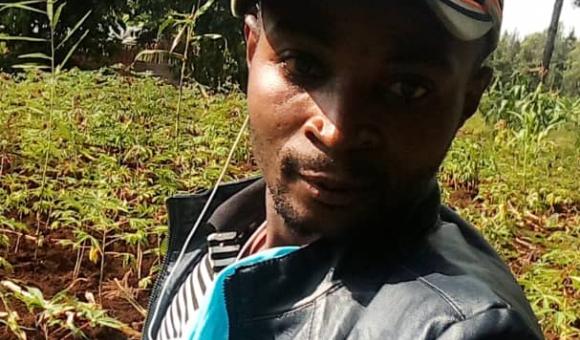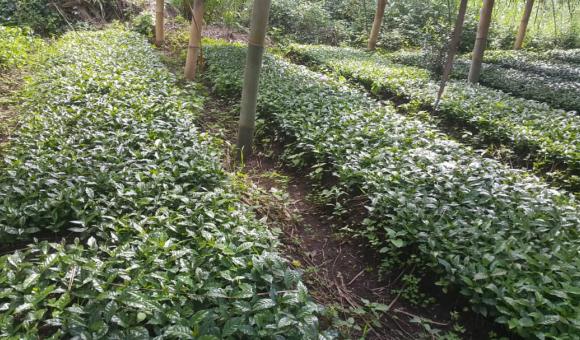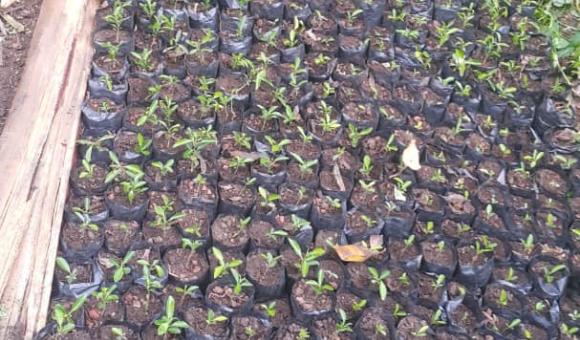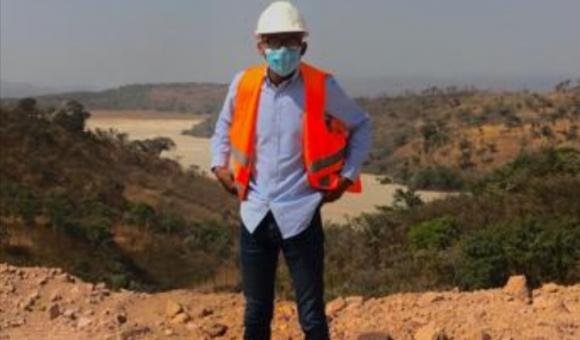
For this event, we turn our attention to young entrepreneurs in the Democratic Republic of Congo.
For this 2021 event, we have three women from Kinshasa, six men from Kivu (South Kivu: Goma & North Kivu: Beni, Butembo and Goma) and one man from Katanga.
Their profiles: agri-food, cosmetics, flower growing, fish farming, fashion design, IT, chemical and mining sales and logistics.
Below are the website so you can discover some of our contractors:
https://murulahealth.org/drc.php
Below are two videos so you can discover some of them:
They receive free supervision from coaches www.coachingacademy-belgique.com
Our DRC coordinator is Mr Francy











